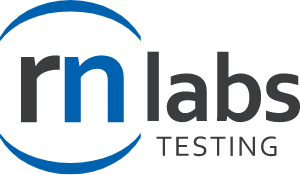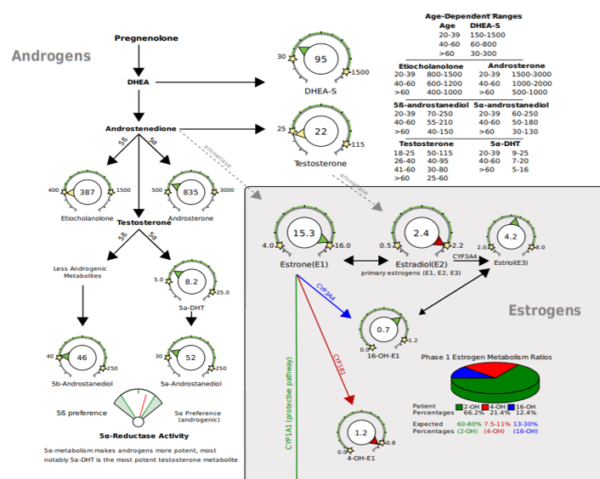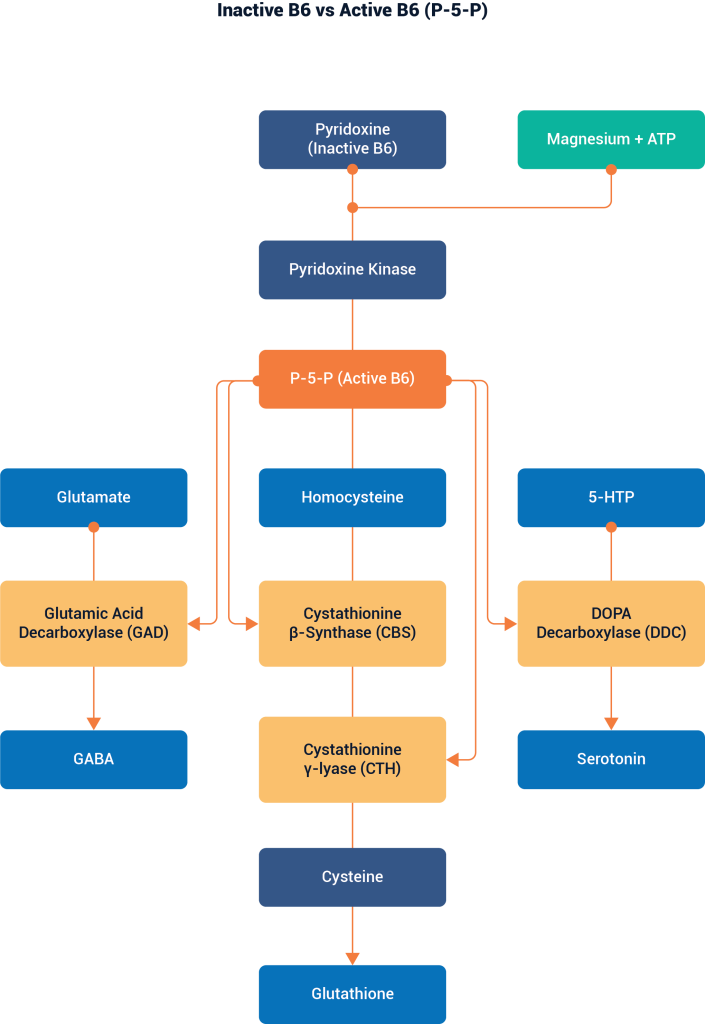Detailed Test Information


Assessment of plasma folate species provides clinical insight into aberrant folate metabolism that can significantly affect crucial methylation processes, DNA/RNA metabolism, and neurotransmitter metabolism.

Folate is a generic term that includes the various derivatives of naturally occurring physiologically important forms of folate (Vitamin B9), and synthetic folic acid supplements. Naturally occurring folates are derived mostly from dark green leafy vegetables, while synthetic folic acid is used under mandate in fortified cereals and other processed foods. Adequate folate levels and healthy metabolism of folate is essential for numerous cellular functions throughout the body including appropriate division and replication of DNA and is the most common form prescribed prenatally for the prevention of defective foetal spinal cord and brain development.
The level of total folates in red blood cells (RBC) has traditionally been used to assess long-term folate status, but the test does not provide clinically important information regarding specific forms of folate. Folate levels in RBC and plasma reflect hepatic folate stores.
Although plasma folates are cleared rapidly, the analysis of plasma folates allows for the distinction between the different forms to help identify an aberrant folate metabolism. The Plasma Folate test reports the levels of THF, UMFA, Folinic Acid and 5-MTHF and can be used to monitor clinical intervention, or as a “folate challenge test” in assessing folate levels before and one-hour post-folate supplementation. It can also be a useful add on to the functional Plasma Methylation Profile.
See our resources below for information on the differences between folate supplements.
The collection for this test is very time sensitive and we request that practitioners reiterate to their patient the importance of following the instructions carefully. All instructions are inside the test, however due to the short time frame and freezing of the sample, lab rejections are common for this test. Before prescribing this test to patients, please make sure they are able to comply with the following:
If the patient is unable to comply with this time-frame, this test is not suitable for them.
There are three main forms of folic acid supplementation on the market. Folic acid (synthetic folate), Folinic Acid and 5MTHF (methylated folate). There is much debate regarding synthetic folic acid as it is not considered biologically active unless converted into activated folates. Whereas Folinic Acid and 5MTHF are considered more “active”. Various genetic and epigenetic factors may adversely affect folate metabolism; e.g. MTHFR SNPs, methotrexate use and excessive intake of polyphenols.
Folic acid is the most common form found in nutritional supplements and prescribed prenatally for women to prevent serious birth defects. If not metabolised appropriately, Folic Acid has potential to impede essential folate metabolism by means of blocking folate receptors and transporters, along with inhibiting the enzyme dihydrofolate reductase (DHFR), which initiates the reductive activation of folates. High levels of unmetabolized folic acid (UMFA) may also promote the growth of existing cancers, and have been associated with decreased natural killer cell activity and increased cancer risk. Activated forms of folate in their reduced chemical form are obligatory cofactors in the metabolism of amino acids, DNA and biopterin (BH2 to BH4).
Folinic Acid can be effective in patients with inherited disorders of folate transport or with folate receptor autoantibodies as it readily crosses the blood-brain-barrier. Folinic acid may thereby normalize the level of active folate derivatives. It has been shown to normalize folate concentrations and improve various social interactions in cerebral folate deficiency, including mood, behaviour, and verbal communication in children with autistic spectrum disorders.
Folinic acid (5-formylTHF) also supports purine biosynthesis (DNA nucleobases) and can be converted to 5-MTHF under normal conditions; an abnormal ratio of folinic acid to 5-MTHF might be clinically significant and indicative of aberrant folate metabolism.
Five-methyltetrahydrofolate (5-MTHF) is the predominant folate in plasma and is the bioactive derivative with respect to donation of a methyl group to homocysteine using cobalamin (Vitamin B12) bound to MTR (methionine synthase). Tetrahydrofolate (THF) is a by-product of MTR activity and can be recycled back to other bioactive reduced forms of folate.

Doctor’s Data, Inc. has provided innovative speciality testing to healthcare practitioners around the world from our advanced, CLIA-licensed clinical laboratory since 1972.
A specialist and pioneer in essential and toxic elemental testing, the laboratory provides a wide array of functional testing to aid in decision-making and better patient outcomes. Choose DDI to help you assess and treat heavy metal burden, nutritional deficiencies, gastrointestinal function, cardiovascular risk, liver and metabolic abnormalities, and more.

It is important to be informed as to where tests are being conducted as well as the technology used, so that you can be confident that your patients are performing evidence-based tests. RN Labs has always insisted in choosing laboratories that are of the highest standard globally with evidence-based functional tests, thereby improving patient outcomes and supporting the industry as a whole. RN Labs believes in maintaining full transparency of who and where your test is being carried out, so that you can make fully informed decisions with your patients.

Jess is a qualified Nutritionist with a Bachelor of Health Science in Nutritional Medicine. She believes that there is no one size fits all approach and is passionate about educating, inspiring and supporting clients and practitioners with a customised approach to healthcare. Specialties include preconception, pregnancy, post-natal and infant care.
Jess is excited to build relationships, educate and share her knowledge with both retail and practitioners in South Queensland and Northern NSW.

Lauren is an NHAA accredited Clinical Naturopath with a Bachelor of Health Science. She is incredibly passionate about natural health and educating clients on the foundational importance of nutrition, lifestyle and stress management and believes complimenting these building blocks with nutraceutical support and functional testing often holds the key to optimal health and vitality. Lauren looks forward to supporting practitioners and clients in these key areas.
Specialties include supporting thyroid health, digestive disorders and mental health.

